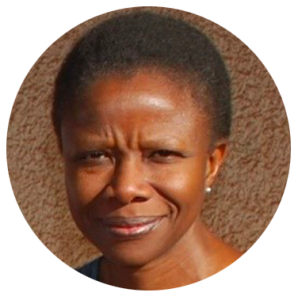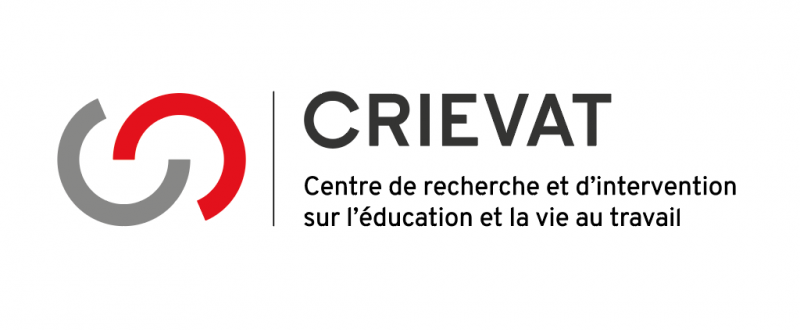
Background
The Canadian PhD Graduate Career Path Portal was established to be a virtual hub for observing the career paths of PhD graduates of different disciplinary fields: Arts and Humanities, Law, Business Administration, Education, Pure and Applied Sciences, Social Sciences and Health Sciences (excluding first-year doctorates in Medicine, Pharmacology, Dentistry, etc.).
Similar to other OECD countries, Canada has seen a marked increase in the number of doctoral graduates since 1998—more than doubling from 3,723 to 7,767 between 2002 and 2016 (Statistique Canada, 2019). Several studies have also shown that more than 50% of doctoral students pursue their training with the goal of a career in academia. However, research findings show that the current outlook for employment in the professoriate—long considered the traditional employment path for PhD graduates—is not very promising, meaning that a good number of doctoral students may not realize their ambitions.
After graduation, PhD holders who believed that an academic or research post would be waiting for them at the end of their degree now find themselves having to chart a different career path. Cases described as “alarming” in some media reports echo these issues, which are—as underscored in the recent CCL report “The Transition of Doctoral Graduates to the Labour Market” sponsored by Innovation Sciences and Economic Development Canada (ISED)—now on the radar of policy-makers and higher education institutions. Along with our own research findings, the CCL report reveals that one of the main challenges facing these graduates is poor knowledge beyond the world of academia of the valuable skills they bring with them, and their own difficulties in knowing how to capitalize on these skills.
This is also the challenge of universities. These institutions must now make a decisive shift towards offering doctoral training programs that include transdisciplinarity and skills development in addition to specialization, as this would not only enhance the employability and career outlook of doctoral graduates but also sharpen the competitive edge of businesses, organizations and industries at social, economic, technological and cultural levels.
Mission
Our mission is to promote the value of doctoral training by demonstrating the strategic role that highly-skilled PhD graduates can play (and could play even more) in tackling the increasingly complex and unpredictable socio-economic, technological, cultural challenges of the new millennium, and the engagement of organizational leaders, policy makers, academia and all stakeholder communities in supporting PhDs capitalizing on their full potential.
Objectives
- Foster a better understanding of the value of PhD graduate skills and the strategic role PhD grads can play in society.
- Support doctoral students and graduates in capitalizing on these skills in developing their employability.
- Engage all stakeholder communities in working together to develop bold strategies for these highly-skilled graduates to leverage their full potential in tackling the challenges of the new millennium.
- Provide a virtual space to support doctoral students and graduates in reaching this potential and realizing their personal and professional ambitions.
- Launch an information watch on PhD career paths.
Partners

Marcelline Bangali
Marcelline Bangali earned a PhD in Psychology at the Institut national d’étude du travail et d’orientation professionnelle of the Conservatoire national des arts et métiers (INETOP-CNAM, Paris). She is currently Professor at Université Laval, and also holds the position of research scientist at the Centre de recherche et d’intervention sur l’éducation et la vie au travail (CRIEVAT). The idea of the portal originated in research studies that she has been conducting since 2007 on issues related to the career paths of doctoral graduates outside of academia.




